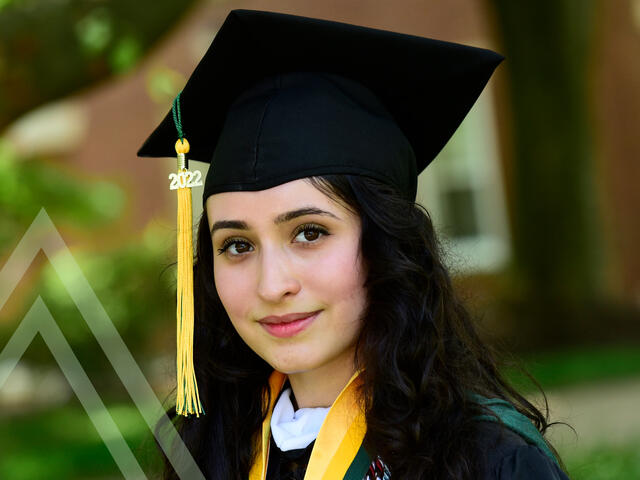Reaching New Heights Improve Student Attraction, Achievement, and Outcomes
Strategic Initiative 1
- We will provide a rich, engaging experience for students at all levels to increase student satisfaction, academic quality, and the value proposition of the institution.

